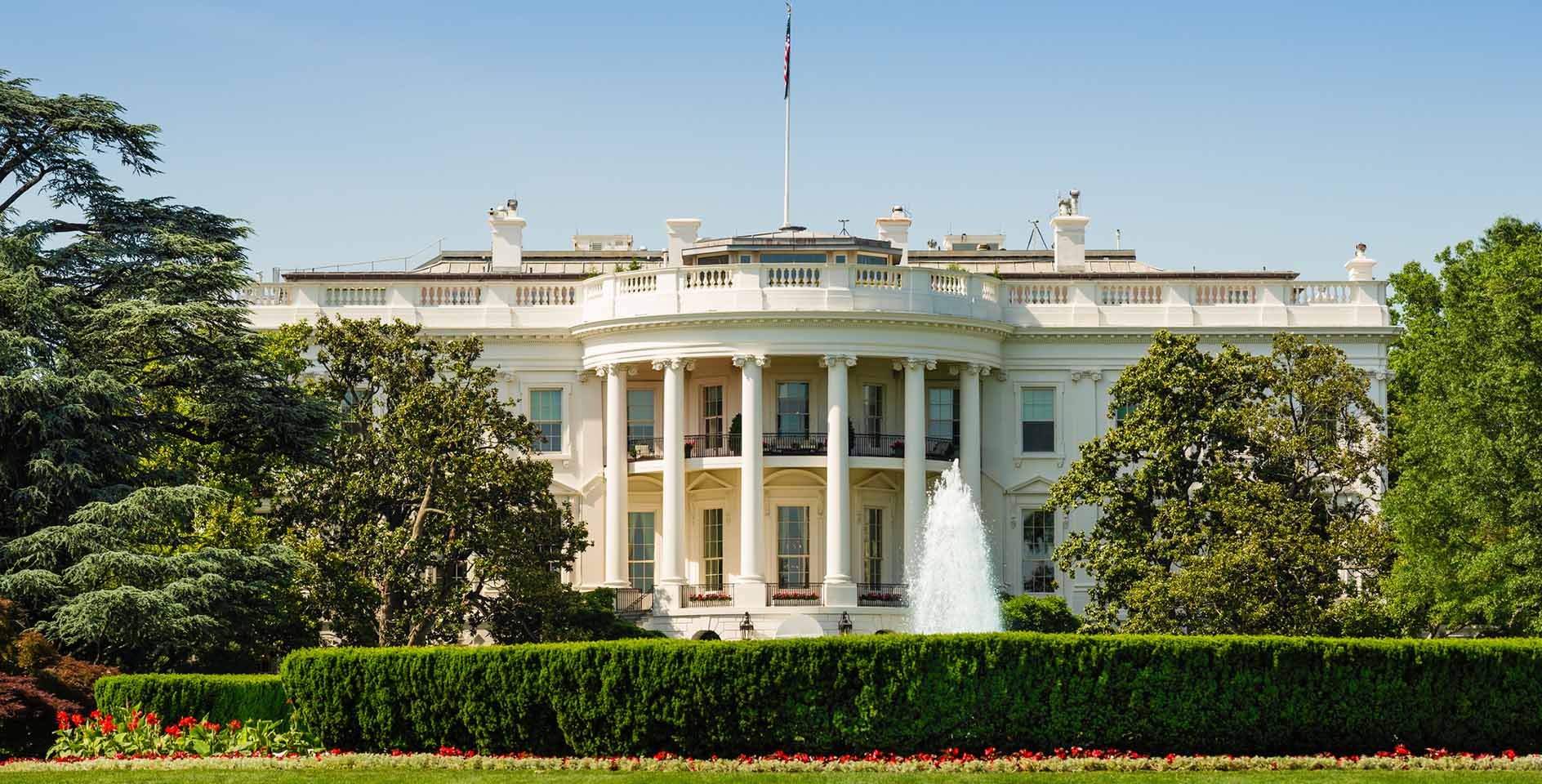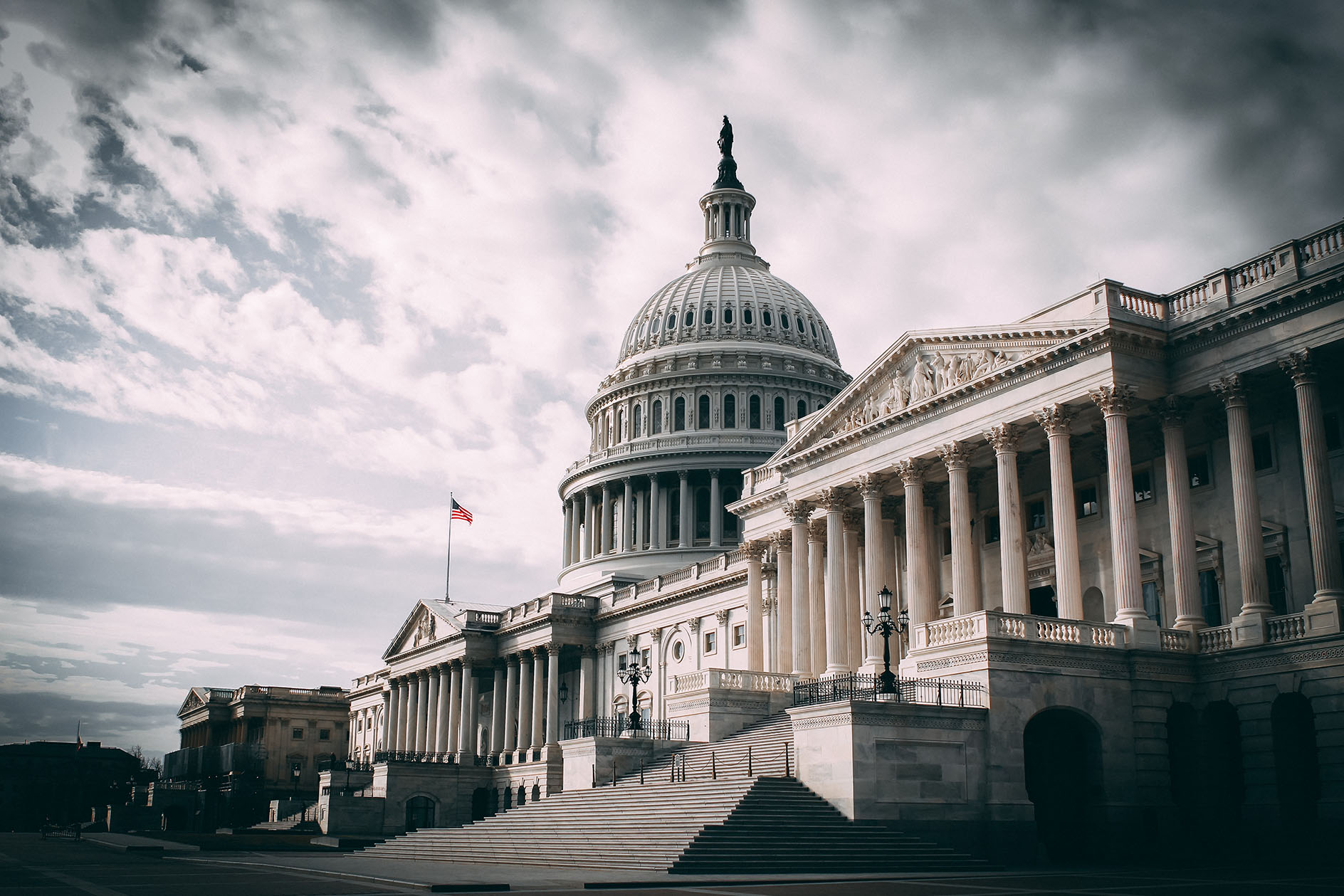"My house is too quiet," Beth Strong says. "I struggle to make ends meet. Every weekend, I travel several hours each way to see my husband during visitation hours. My adult children and grandchildren are celebrating birthdays and other milestones while he is behind bars."
Beth's life was turned upside down when her husband was incarcerated for a first-time, non-violent offense and she was ushered into the bleak world of incarceration that affects millions of Americans. But now a beacon of hope is breaking through the darkness. Recently, President Donald Trump signed the FIRST STEP Act into law.
'Reform is overdue'
In the United States, more than 40,000 federal prisoners are released each year. Nearly half of those released will be rearrested within the next three years. This revolving door is devastating—to families, to communities, and to our nation.
"The current rules and treatment of prisoners in the federal justice system are an affront to the dignity of men and women made in the image of God," writes Heather Rice-Minus, vice president of government affairs at Prison Fellowship. "Reform is overdue."
The FIRST STEP Act is the first significant criminal justice reform bill in a generation. It will reduce recidivism by targeting prisoners' criminogenic risk factors through programming based on individualized risk assessments. Instead of doubling down on the failed policies of the past, it will give people tools and incentives to lead productive lives.
The FIRST STEP Act
Prison Fellowship was established on the belief that all people have God-given worth and dignity. Prison Fellowship's vision is to see all those affected by crime reconciled to God, their families, and their communities.
For more than 40 years, Prison Fellowship has learned what works—and what doesn't—to transform lives and reduce crime. The FIRST STEP Act is a smart approach to address recidivism, our national addiction crisis, and sentencing reform. It will increase federal prisoners' access to improved substance-abuse addiction programs, as well as life-skills and vocational training, which will then fuel local economies.
The sentencing changes in the bill are modest but important. When people receive sentences that don't fit their crime, America loses. Disproportional sentences are an affront to human dignity and erode our faith in "equal justice under the law."
"Respecting the dignity of men and women made in the image of God means holding people accountable with sentences that are proportional to their crimes," says Rice-Minus. "Men and women should not be languishing in prison years longer than necessary."
The impact of faith-based programming
One critical provision of the FIRST STEP Act is improved access for faith-based and nonprofit organizations to provide desperately needed programming in federal prisons.
Prison Fellowship has seen how faith-based programming has served the incarcerated in ways the government cannot. But until now, federal prisons unnecessarily limited the ability of nonprofit organizations and volunteers to mentor prisoners and provide programming.
The FIRST STEP Act will enable entities like Prison Fellowship to serve men and women in the Bureau of Prisons with programs proven to educate, transform lives, and reduce recidivism.
Our next steps
The FIRST STEP Act is just that—a first step toward a more just correctional system. This work is not finished. The scriptural mandate to remember those in prison (Hebrews 13:3) is ongoing. Current problems with the federal system range from overcrowded prisons to a lack of rehabilitative programming and support for returning neighbors.
"These problems are not new," says Rice-Minus. "What's new is the unprecedented willpower exhibited by so many members of both parties in Congress in response to a diverse coalition of faith-based organizations, law enforcement, conservative groups, and progressives."
An overwhelming bipartisan vote on the FIRST STEP Act has paved the way for future values-based reforms. It will bring substantive change to people now incarcerated in federal prison and those sentenced for years to come.
The incarceration of Beth's husband has catapulted her into the role of advocate. She is one of over 150 Justice Ambassadors volunteering with Prison Fellowship. "For the people sitting in cells today and the families like mine waiting for their return, the FIRST STEP Act is our Christmas miracle," she shares.
Our national leaders are finally ready to learn from the past and choose a more restorative path forward. With the support of many grassroots advocates and likeminded organizations and policymakers, Prison Fellowship will continue to advocate for restorative changes at the state and federal levels in 2019.
This article originally appeared on Prison Fellowship’s site.









